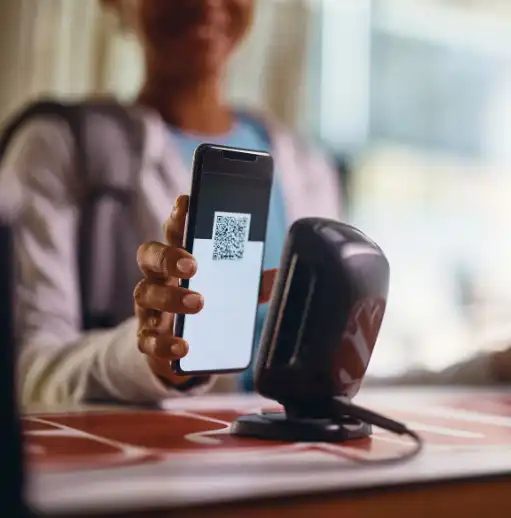In episode 353, host Mike Petrusky speaks with Kelly Duff, employee experience manager at Sentinel Technologies, where she’s focused on creating meaningful and engaging workplace experiences that foster growth, community, and purpose. She shares an update on her career journey, and they explore how her role has expanded to include a variety of responsibilities, including building community, recognizing employees, and planning social events. Both agree the pandemic dramatically changed the concept of workplace experience, shifting the focus from physical office amenities to remote and hybrid work models, while simultaneously making human connection and physical spaces essential, so Duff shares strategies for identifying opportunities, addressing pain points and team-building activities that focus on employee well-being.
Agenda
- Impact of the pandemic on workplace culture and employee needs
- Strategies for enhancing employee recognition and engagement
- Role of facility managers and real estate leaders in adapting to hybrid work models
What you need to know: Workplace takeaways
Takeaway 1: The employee experience is a multifaceted role that requires a balance of recognition, feedback, and intentional team-building activities
An employee experience manager has a broad range of responsibilities aimed at enhancing the well-being and engagement of employees, explains Duff. “My number one job is to make sure that everybody feels appreciated,” she says.
And recognition is not just a nice-to-have but a crucial part of the company culture. “…it’s part of our everyday. It’s part of our culture,” she explains.
She also highlights the need for anonymous feedback to address employee concerns and pain points: “We make sure that we give them the opportunity to anonymously give us feedback, and then I take all that feedback and I work with our teams and our managers to say, ‘OK, here are some pain points that we see, how can we make them better?’”
Building strong communities takes time and effort, Duff shares, and intentional team-building activities, even in a hybrid work environment, are necessary to maintain human connections. “Even though people don’t want to be here day to day, they still want that human touch and that human connection,” she explains.
Takeaway 2: The physical workspace must evolve to support hybrid models and prioritize employee preferences and well-being
There’s been an evolution of the role of facility managers and real estate leaders in the context of hybrid work. “The facility manager in me, I feel like it’s a minor. Like I majored in experience and I minored in facility management,” Duffy shares, illustrating the need for a human-centered approach to workspace design.
She emphasizes the importance of functional and adaptable spaces: “You have to look at supporting the hybrid models, which I’m sure most people are, because that’s kind of the world we live in now. Making sure the spaces are still functional, but you’re becoming more of an experienced architect and a strategic partner.”
Ultimately, she advises that facility managers and real estate leaders should focus on what employees truly want: “You have to think about employee preference. You have to think about like, what do the employees really want, and you got to stay human centered. Designing spaces based on how people are actually working today, that’s it.”
Takeaway 3: Change management in the workplace is both operational and emotional, requiring clear communication and employee involvement
“Change, it’s not just an operational thing, it’s an emotional thing,” Duff explains, highlighting the need for empathy and understanding during transitions.
She also stresses the importance of frequent communication and feedback: “When change happens, you have to remember the employee wants to know how this affects them and their role. So, when you’re dealing with changes, you have to make sure you communicate often.”
Duff encourages workplace and facility leaders to stay curious and human centered: “The future of work isn’t a destination. It’s a mindset. A lot has changed over the last few years, and it’s important for us to stay curious, stay human. And don’t be afraid to try and learn and do more and iterate on what you’ve already done because everything is evolving.”
Workplace management insights
- The future of work is about mindset rather than a fixed destination, so there’s a need to stay curious and human.
- Employee experience roles have expanded to include not just engagement but also community building, feedback gathering, and event planning.
- The pandemic forced a redefinition of what constitutes a valuable workplace experience, with a greater focus on flexibility, remote work, and meaningful human connections.
- Recognition and appreciation are crucial for maintaining a positive workplace culture, especially in hybrid and remote settings.
- Facility managers and real estate leaders must become strategic partners, consider employee preferences, and use technology to support hybrid work models and well-being.
- Listening to employees and being open to feedback is essential for adapting to the changing needs of the workforce.
Check out Kelly’s personal website and then do a deep dive into more workplace insights by exploring all Workplace Innovator podcast episodes.









